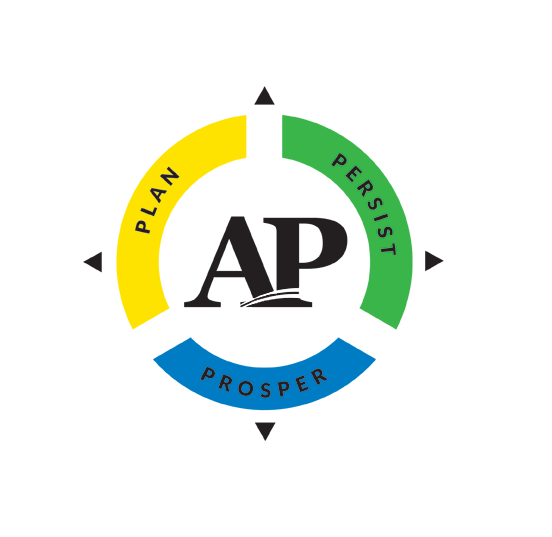Brene Brown
Vulnerability is about showing up and being seen. It’s tough to do that when we’re terrified about what people might see or think.
A curious thing happened today. For two weeks I’ve posted a survey in a particular Facebook group with a single question: How would you rate your level of happiness during the past week? Respondents were provided a familiar Likert-type scale. Most of us recognize this kind of rating without knowing its name. In the survey, participants could choose from among the following: excellent, very good, good, not very good, awful. The posting was prefaced with “this is an unofficial and informal survey” so that anyone participating could certainly opt out.
Today someone responded to the post negatively. She went so far as to tell me to “go away.” This made me wonder.
The group’s focus is to have discussion and debate about issues relating to their community. Certainly, one’s level of happiness could fall into this category. The first time I posted, a man inquired as to whether what I was posting applied to the group. After inviting him to investigate my mission, there were no more questions.
What is it about discussing happiness that is so offensive?
Nothing. What it is though is scary. It’s scary for us to open ourselves up to others and admit how happy or unhappy we truly are. That makes us vulnerable.
The woman or an admin removed her comment. That was equally intriguing.
Vulnerability means weakness in the eyes of many, but in this knowledge-based economy, one in which emotional intelligence matters, maybe being vulnerable is the key to a successful, happy life.

